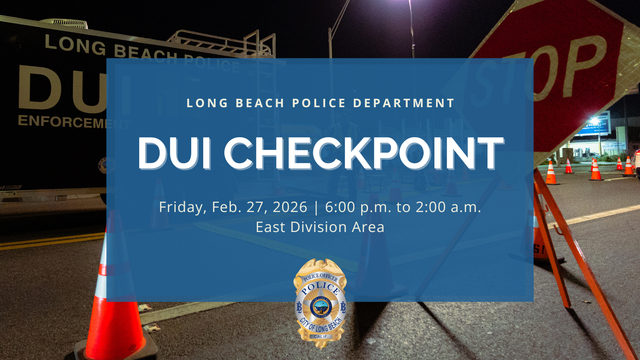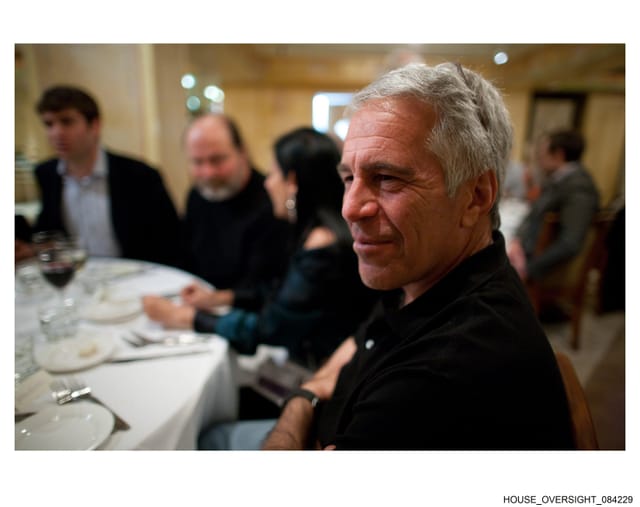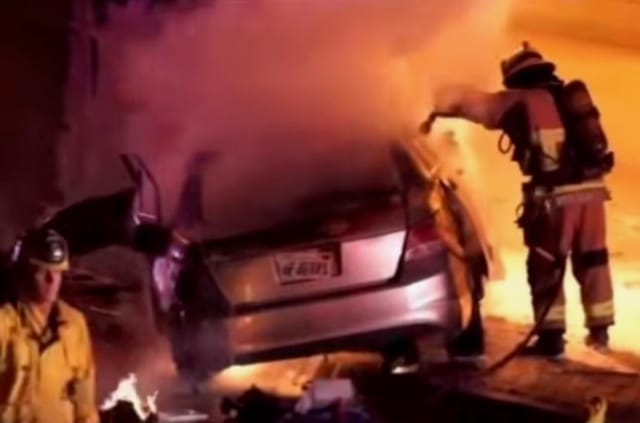Are you ready for a 59% increase to your trash bill, Long Beach?
With the addition of organics recycling this year, which is mandated by the state, the city is staring down the barrel of an $11.5 million shortfall this year, according to staff.
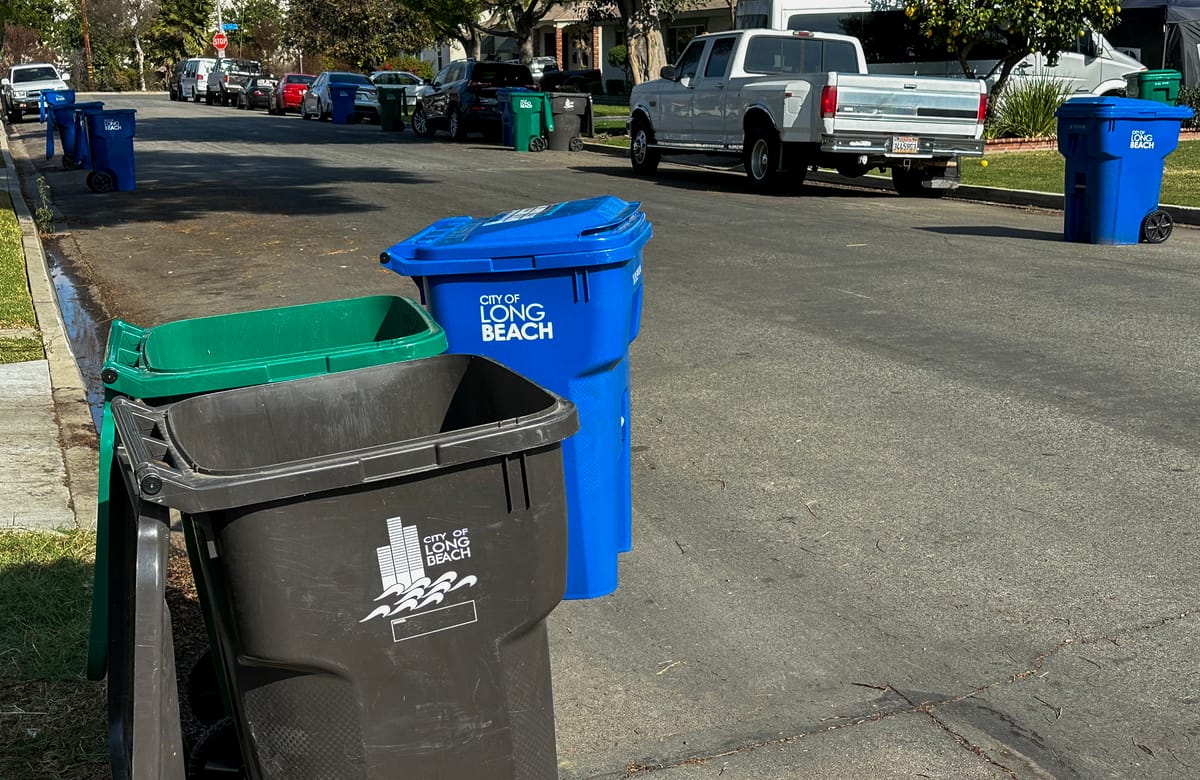
Facing tens of millions of dollars in trash collection budgetary shortfalls brought on in large part by a new state law, Long Beach officials are expected to dramatically raise rates for residents this year.
Customers with the standard 95-gallon trash (gray) and recycling (blue) carts pay an average of $42.66 per month with the current rates. Those with smaller 65-gallon carts, $36.03 per month.
Under the proposed update, the average solid waste and recycling rate for all accounts will increase more than 17% to $50 on May 1, with another 35% increase to $67.63 on Aug. 1 for accounts with the 65-gallon organic waste (green) bins, according to a Jan. 24 memo from City Manager Tom Modica.

“All costs associated with solid waste collection have increased, including staffing costs, market volatility for recyclable commodities, fleet procurement, maintenance and transition to electric vehicles, purchase and replacement of carts, new technology to optimize operation and the overall rising costs of refuse disposal,” city spokesperson Jocelin Padilla-Razo said in a Feb. 5 email to the Watchdog.
For accounts that haven’t received their green bins, the Aug. 1 increase will take rates up to $51.41. Once the bin is received, the higher rate will kick in.
The city this year also will distribute a limited number of 35-gallon green carts to residences with “constraints such as limited space or low organics generation,” according to Padilla-Razo
The proposal will go before the City Council during a hearing on March 11 at 3:30 p.m., Padilla-Razo said.
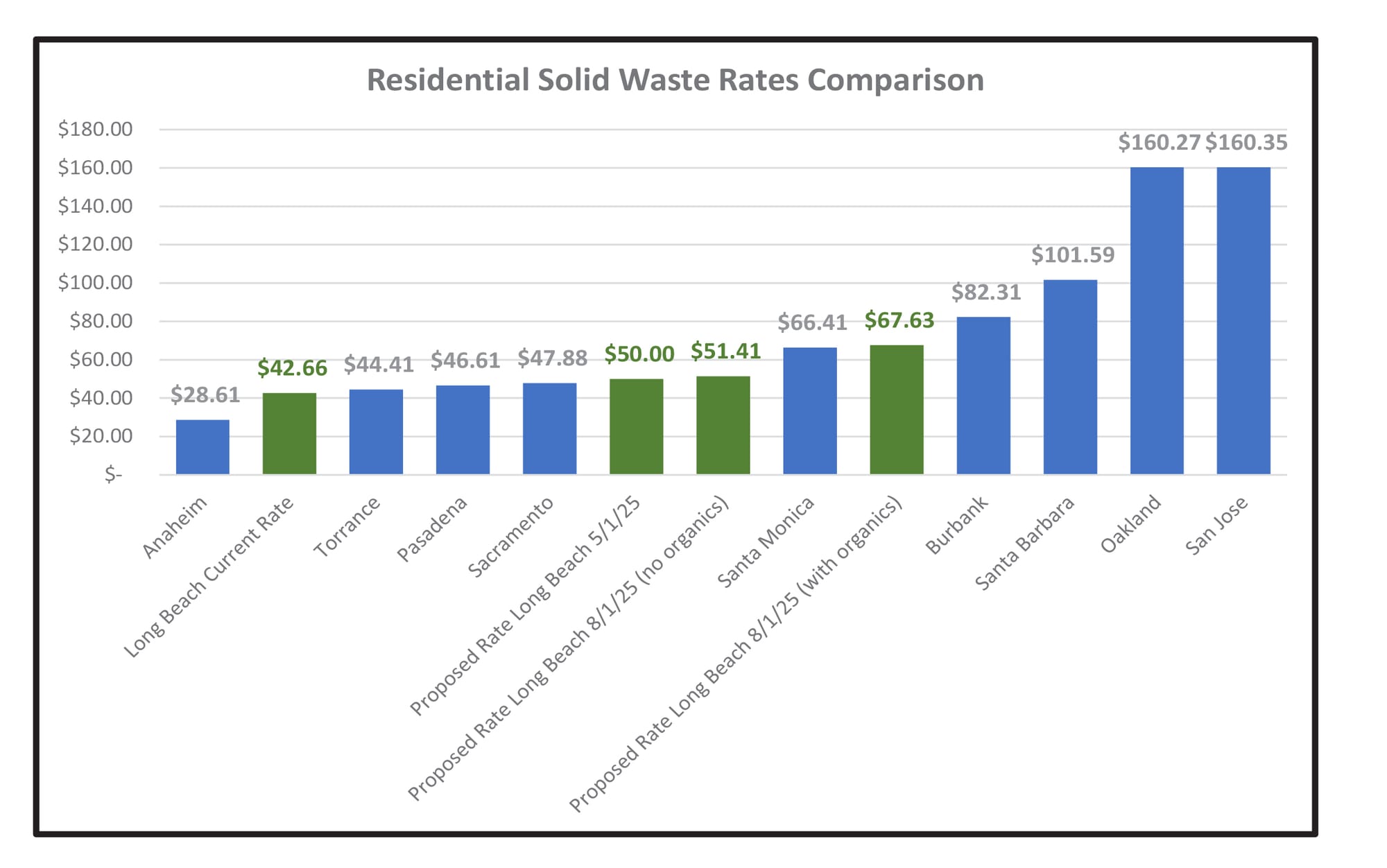
Regardless of the council’s decision, however, residents do have some teeth to push back against the increase. Passed in 1996, Proposition 218 gave property owners the right to contest certain “property-related” rates, including solid waste collection, with a simple majority.
Online protests can be submitted here, while physical letters should be sent to:
City Clerk; City of Long Beach
411 W. Ocean Blvd.
Long Beach, CA 90802
All protests must be received (not postmarked) by 2:30 p.m. on March 11, according to the city website.
The city’s organic recycling program is being rolled out across the city this year to come into compliance with California Senate Bill 1883, which was passed in 2020 with the goal of reducing the amount of organic waste sent to landfills by 75% statewide. The unfunded mandate requires all residential accounts to have organic collection services.
Cities not in compliance with the law could face fines up to $10,000 per day.
The city began introducing the green bins in October with an initial batch of about 8,000 households in certain pockets of the city. Most are expected to have received their green bins by the end of the year.
The rate increases are in line with a cost-of-service study released by HF&H Consultants last month. Commissioned by the city in late 2023, the study also recommended a 1.6% to 3.6% rate increase effective Aug. 1, 2026, which the city is not “currently” proposing, Padilla-Razo said.
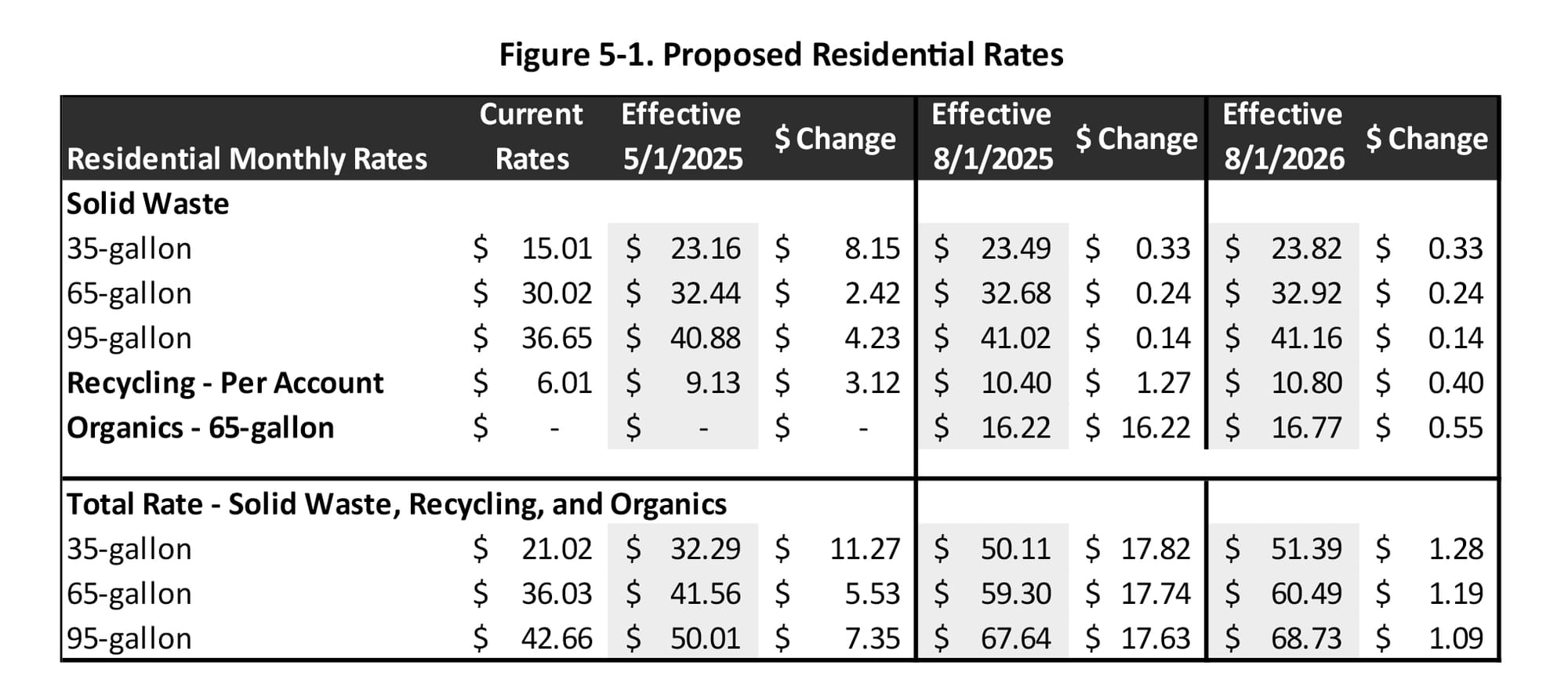
Even without the addition of organic recycling, waste collection costs continue to rise, explained Padilla-Razo, who noted the last rate increase was in 2023.
“Since then, the refuse disposal rates have risen by an average of $21.09 per ton (34%),” Padilla-Razo said, adding that the city collects 200,000 of solid waste annually. “The cost of the city’s solid waste fleet has increased by $5.2 million (43%).”
Compliance with new state mandates adds costs in personnel, equipment, processing and fleet operations, Padilla-Razo said. The city has to purchase 112,000 organic waste carts and 120,000 blue recycling carts (to replace the old purple ones).
Each 95-gallon cart costs the city $58.56, while the 65-gallon carts run $52.35, according to Padilla-Razo.
“Processing organic material is significantly more expensive than landfill disposal, averaging $40.78 more per ton than to landfill (double the cost to landfill material in FY23, the last time rates were increased),” Padilla-Razo wrote.
Additionally, 15 refuse operator positions were added to the 2025 budget to support service demands, Padilla-Razo said.
As the city continues to roll out the green bins, the costs will continue to balloon, resulting in an $11.5 million budgetary shortfall this year if no increase is implemented. At the current rates, fees generate just under $81 million, according to the HF&H study, which noted the net cost of service for this year is nearly $92.4 million.
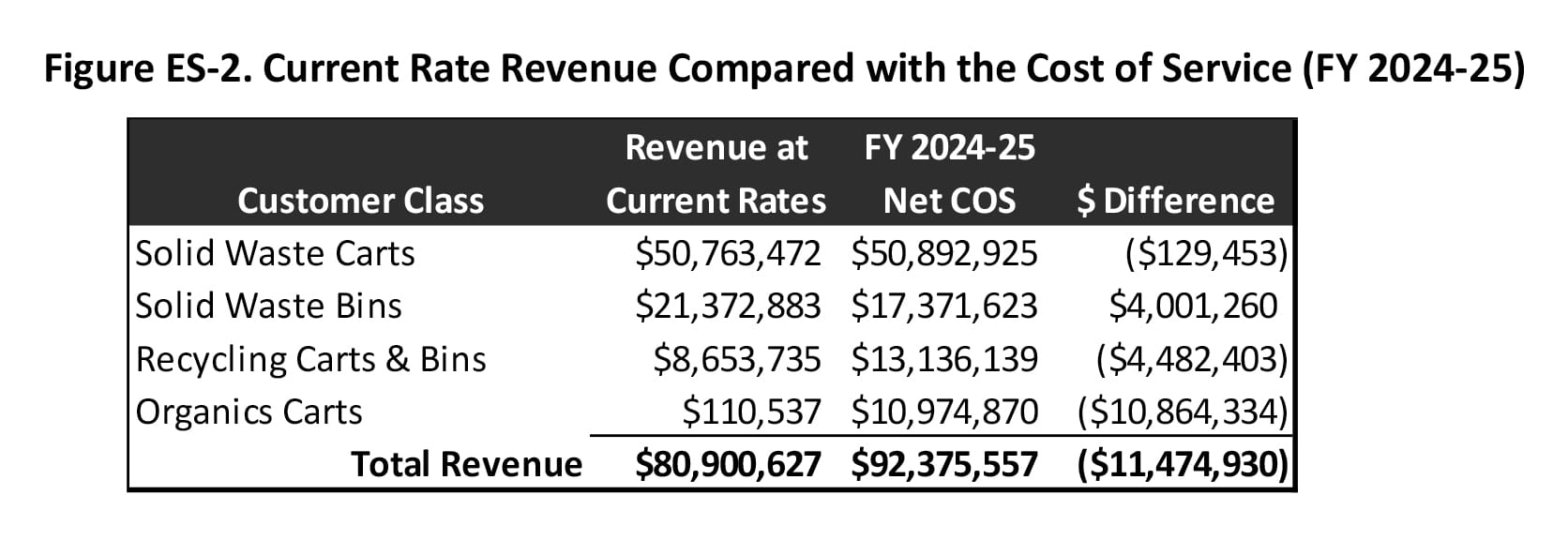
That deficit would grow to $19.8 million and $23.3 million in2026 and 2027, respectively, according to projections by HF&H, with projected expenses increasing to $100.3 million and $103.8 million, respectively.
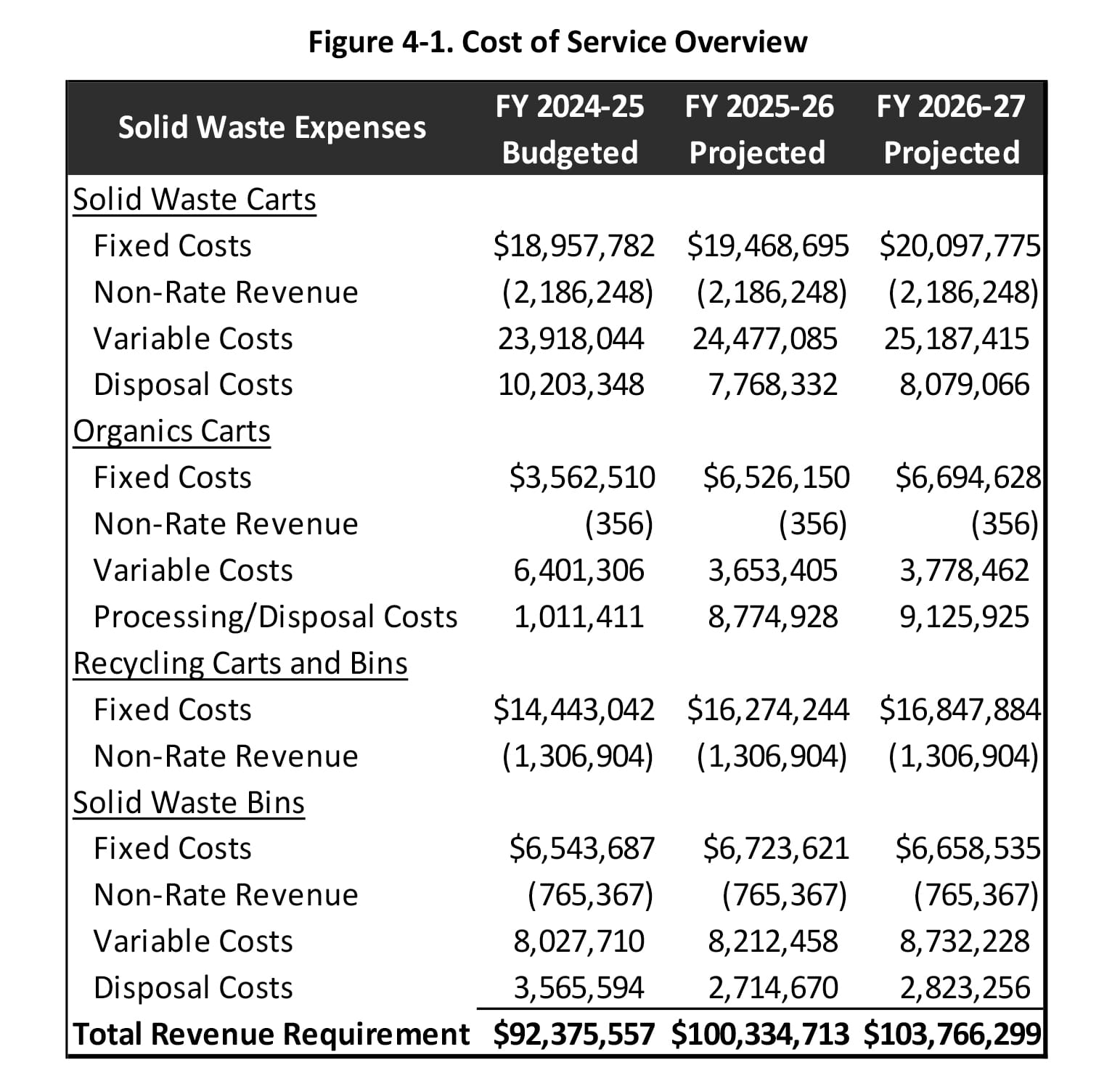
While some cities pay for recycling and organic services through their General Fund, Long Beach’s waste collection services are funded entirely by the Refuse & Recycling Enterprise Fund, which is supported by ratepayer fees, Padilla-Razo said.
As residential rates increase, commercial solid waste collection rates are expected to go down, according to the HF&H study and city memo. According to Padilla-Razo, the decrease is the result of the city lowering its targeted reserve fund balance from four months to three months.
“Consequently, this adjustment necessitated a decrease in commercial rates to align with the revised financial strategy,” Padilla-Razo said.
The proposed rate decrease for commercial accounts is much more convoluted as there are more sizes for bins and carts, but they could range anywhere from $2.78 to $119.61 per month effective May 1 depending on size and waste type, according to the HF&H study. While solid waste is expected to see sharp decreases through Aug. 1, recycling and organic rates are expected to increase anywhere between 43 cents to $4.39, depending on cart size and waste type.

According to Padilla-Razo, the city sent mailers about the proposed rate hikes to all ratepayers as well as posted information to its website. Details were shared with each council district, she added, and a new webpage is being developed that will include a FAQ section with additional information.
While no community input went into the proposal, Padilla-Razo invited community members to share comments during the mid-afternoon hearing in March.
“The City is committed to a smooth rollout of the state-mandated program, optimizing operations, and exploring cost-saving options for ratepayers,” Padilla-Razo said. “We’re excited to reach this milestone and look forward to expanding the residential organics collection program citywide.”
We need your support.
Subcribe to the Watchdog today.
The Long Beach Watchdog is owned by journalists, and paid for by readers like you. If independent, local reporting like the story you just read is important to you, support our work by becoming a subscriber.



